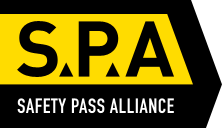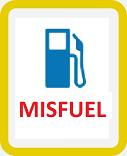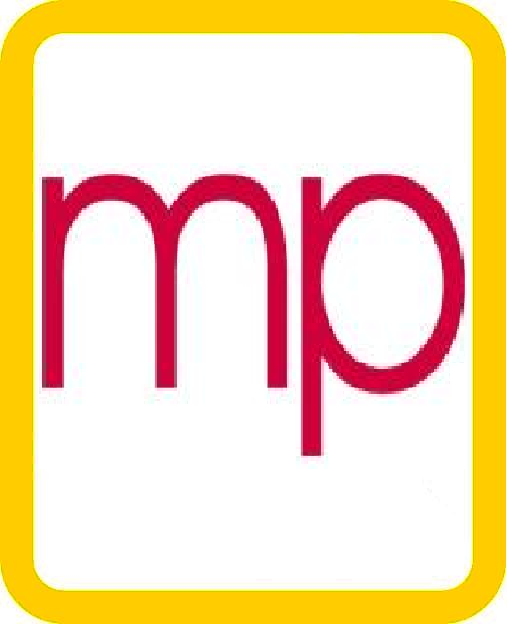Most companies in the food and drinks industry require contractors to enter their premises to carry out vital work such as repairs, maintenance, and installation of new equipment.
Unfortunately, contractors can pose an unknown risk to existing safety procedures as it is not always possible to ensure that individual contractors’ employees have been trained to an acceptable level of health and safety awareness specific to the food and drinks industry.
This is where Nestle UK and other food and drinks companies have found the Safety Pass Alliance Ltd. (SPA) Food and Drink Passport scheme to be a huge benefit. Contract workers and employees who successfully complete the training course are able to prove their awareness of basic principles of health and safety in the food and drinks workplace by showing their Safety Passport, developed by SPA.
Nestle employs approximately 9,000 people at over 20 different locations around the UK. The main brands being KitKat, Nescafe, Gold Blend, Aero, Drifter, Polo, Smarties, Yorkie, Perrier, Buxton water, Vittel, Purina, Ski, Herta, Shredded Wheat, Shreddies and many others.
Safety at Nestle is an important part of our culture. If there is a major safety issue at any one of our 550 plants worldwide, a safety bulletin can be issued to every one of those plants identifying the problem and how it should be dealt with.
The passport is a robust and secure card – similar to a UK driving licence – that displays a tamper-proof photograph of the successful trainee. The photocard features a special ultra-secure ‘holocote’ finish to prevent fraud.
The passport is awarded only after an individual has been trained successfully in food and environmental protection, transport, electricity and health and safety best practice specific to the food and drinks industry.
The passport training for contractors provides a detailed understanding of the responsibilities that they – and their employers – have to each other and the consumer. The cost of the training is met by the contractors who are required to ensure their employees have a valid passport to prevent them from being refused access to a food and drinks site.
The health and safety training scheme cuts costs and reduces potential safety hazards caused by visiting contractors and their employees. Nestle UK introduced the scheme three years ago and have been involved in developing it to suit the needs of the food and drinks sector.
Initially we estimated that we had 3,000 contractor companies on our books. The implementation of the passport scheme helped us to understand that the figure was closer to 1,500. We wrote to all of them to explain the scheme, the mutual benefits, and why we were determined to make it work.
Then we asked one of the SPA Approved Training Providers to administer this huge training programme by contacting each company and inviting them to attend a course. We realised there would be additional costs for the contractors so we made it easier for them to attend by making training rooms available at all our sites across the UK. This also reduced travel time and the need for overnight expenses, therefore reducing costs.
We made it clear we wanted our contractors to put their employees through the scheme as we put our own employees through equivalent training courses. We told them that this was the route to becoming a preferred supplier to Nestle.
Nestle are now working with about 750 contractor companies, and over the last three years more than 3,000 individuals have been through the scheme – they all hold safety passports.
The introduction of the safety passport scheme helped us to find out which suppliers were keen to improve their own businesses and to continue as suppliers to Nestle. We have virtually halved the number of our suppliers, but we feel we have a much better working relationship with this smaller, more committed, group. We have a better understanding of their businesses, and their comprehension of our business has been enhanced.
The introduction of the safety passport at Nestle was part of a review and tightening of all our own contractor management safety procedures. This has resulted in a reduction of contractor accident statistics by 68 per cent over the last two years.
The type of accidents experienced at Nestle, tend to be those that are fairly common throughout the food and drinks sector. They involve manual handling, ‘slips and trips.’ About 96 per cent 2 come under the heading of ‘behavioural issues’ so we are constantly raising awareness of these issues through our own internal behavioural programmes and other measures.
We have dedicated health and safety boards placed strategically around our facilities, and at the entrances to our sites, like York, where we have a huge board about 20 feet wide and six feet high proclaiming “Be Safe – Be the Best.” It’s all part of reinforcing the importance of safety not only to our own employees but also to our contractors and visitors.
For the future we are planning to have similar boards at plant exits so that the last thing they see when leaving our facilities is a reminder that they should constantly think about health and safety on the road and away from work.
The passport scheme is an integral part of our health and safety management system. We know the scheme benefits everyone as it helps to eliminate accidents and pain and suffering.
It also has a positive effect on the bottom line of both the client and contractor as it reduces the time needed to be spent on accident investigations and site inductions, by making them more site specific. It also provides the peace of mind that only a common, recognised and validated standard of training can provide.
SPA, based in Rugby, Warwickshire, developed the scheme specifically at the request of the food and drinks sector which involved leading companies such as Nestle UK, Northern Foods, Geest, Kellogs Europe, Cadbury Trebor Bassett and Bass Brewers.
Contractor organisations such as the Processing and Packaging Machinery Association also played a role in validating the training material.
The programme, acknowledged by the Health and Safety Executive, is one of many developed by the Safety Pass Alliance. SPA is committed to providing a nationally recognised standard of health and safety training through a passport culture in a wide range of business sectors – from general manufacturing to quarries, and from underground railways to the pharmaceutical sector.
In the food and drinks sector Nestle will continue to improve the scheme throughout this year and will also ensure that in future all sub-contractors will be undertaking safety passport training.
At Nestle UK we take all health and safety issues very seriously. We will make the scheme work because we genuinely believe that it is the way forward for the future and it has to happen across the food and drinks sector.
We also audit and review our own internal policies and procedures for managing and monitoring contractors on an annual basis, and decide what more needs to be done to improve them. Our continuous improvement programme includes employing a company, National Britannia, to audit the safety management systems of contractors and potential contractors.
The passport scheme for the food and drink sector is not only used at Nestle. It is continuously reviewed by a steering group from the industry comprising representatives of major companies mentioned earlier, a contractor safety manager, an SPA director, and a Trades Union representative.
The passport scheme is gaining momentum and the food and drinks passport is the second largest in the country. That’s not bad for something that is less than four years old.
However, we believe it does need more promotion. We still come across a large number of contractors who say ‘I don’t know anything about this scheme.’ That’s why we shall do all we can to raise awareness of the benefits of safety passports.



















